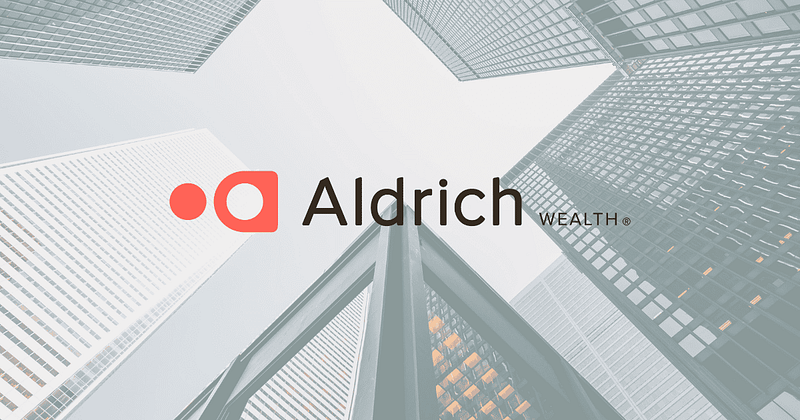Clipping coupons? Bottle returns? What’s your thrifty part-time obsession? I first discovered my frugal habit in September 2009 when I bought my first house. Home values continued to deteriorate in a post-crisis real estate meltdown, and renting out bedrooms to friends was a great way to help with the mortgage. At the time, I called it necessary income, but I realized supplemental income was a way to create sustainability within a household’s balance sheet. Rather than holding a nonperforming asset and sunken expense, I sacrificed my privacy and put the asset to work.
Supplemental income is not a new tactic. In the 90s, my uncle rented his rooms to his own friends, and my family paid to stay in someone else’s vacation home in Sunriver. There was a network that effectively marketed properties to renters and produced income for the owner.



